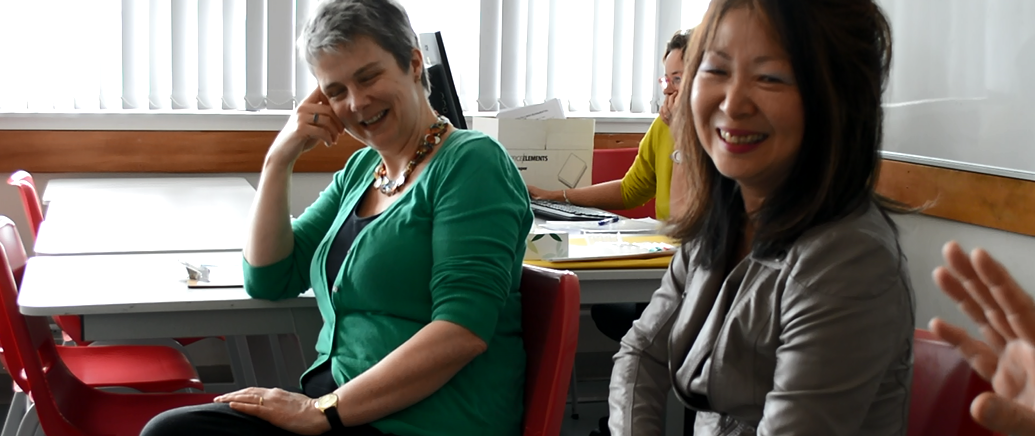AUT 2016 Rehab Participation Talk
I was asked recently if I'd like to participate in the 3rd year Undergraduates study on Rehabilitation and Participation, at the Physiotherapy Dept at AUT (Auckland University of Technology) at the AUT North campus in Akoranga Drive, North Shore, Auckland.
I was delighted to have involvement in a program. As my stroke history spans UK, Spain and NZ, I would be possibly in the unique position of being able to give a view of rehabilitation and participation, of conditions such as stroke – I had a congenital, massive AVM brain haemorrhage at the age of 34, in London in 1995; my husband and I have now returned to NZ.
After the stroke, I couldn't walk, talk, read, write, remember; I dribbled; was paralysed on the right hand side, and in a wheelchair. As I have had such a wide range of impediments at the beginning of my stroke recovery journey, it would take a few hours if we were to go through them one by one. Perhaps I might have stopped short and given up before I attempted to do anything, a long time ago: it was just Too Big to contemplate. Break it up into bit-sized chucks, and the journey is that much more manageable.
Formalised stroke-rehab was only during the first few months whilst in-patient at the hospital, regimented in spurts of speech therapy, physiotherapy clinics, and clinical psychologists. After I was discharged from hospital I struggled to make sense of it.
Many months down the track I suddenly thought of pre-training, in my 20's. We lived in Australia at that time. I was interested in Aromatherapy, read books like Creative Visualization, did classes in Alpha Brain Waves Therapy, Silva Method, as so on. This was before overseas-experience in the UK beckoned, gelled, and came to fruition.
Though I didn't realise the importance of it at the time, way down the track the memory of the experience in Australia made it possible to grow with the challenge in stroke-rehab. We tried as many routes as possible in the hope to hasten the process of stroke-rehab. Complementary or Alternative Medicine, Traditional Chinese Medicine, acupuncture, acupressure, kinesiology, herbal decoctions, and more besides. All this is written up elsewhere on the website. Positive techniques and role-playing in my mind - creative visualization, by another name.
Before my stroke, we visited distant, sometimes quite exotic places. Their customs were ingrained from time immemorial, therefore you just had to go with the flow. In Greece we stayed at a local home, and the morning after our arrival an overpowering stench just outside our front bedroom window. Ugh, were we next to open trash bins? No. The cover from the septic tank next to the house was open, with a ''night-soil'' operative (truck) parked on in the lane... a large vacccum hose snaked over the fence and into the tank, hungrily slurping. The neighbours didn't bat an eyelid. No wonder there were signs everywhere in every town, in the restaurants, in cafes, in houses – there was a special bucket or bins for used toilet-paper.
In the 1990's Turkey, on a beach holiday we visited wild, not-a-single-soul-to-be-found, incredibly beautiful beaches off the beaten track on the Bodrum peninsula. Places like Akyarlar, Gumusluk, Turgutreis, Yalikavak – even the names sounded weirdly wonderful. We stopped at for lunch in a picturesque little private bay, overhung with pine and orange trees. A tasty meal later, I found the washrooms, located in the pristine wilderness – a squat-dunny outside, complete with lime, to dust over the long-drop. Lime... nice touch. As you do.
In Egypt, taking the overnight train from Cairo to Aswan, which had local colour decorations [50 calibre bullet-holes in the back carriages] and a far-from sanitised toilet facility (flap in the carriage floor). A number of people had Delhi-belly; it happens, so just refrain from eating salads and always get the meal fully cooked, was the catch-cry of the tourist guide. It made for an interesting journey.
These and other offbeat travel experiences before my stroke, that gave us an a reminder that we'd have to be extra cautious, vigilant and check and re-check details now because even little details do matter, in stroke-rehab. The country we're visiting, the weather, the town or resort, hotel, BnB, room-with-a-view? Or, how far it is to see the sights, the terrain, availability of transportation.
In the early period just after my stroke, I was confined to a wheelchair. First time on holiday, and we get a wake-up call of what matters: wheelchair access to hotel rooms; lifts that are wide enough to go into if you're wheelchair bound were the questions that should asked. Distance for sightseeing the main sights; ramps to auditorium for concert go-ers in a wheelchair, mobility buses, mobility toilets, and a whole host of other queries.
Now I'm no longer in a wheelchair but still have challenge with certain activities; are there stairs to climb or are there lifts? Is it easy to get transport if you're not self-driving? Reviews of hotels, air-BnB, restaurant, activities, etc., are great – can you trust the reviews/reviewers, or do you read at least 20 reviews with each listing? .. and what of the other multiple questions you could want answered? The key with all of this is that when you have impairments, your options for alternatives and the ability to be 'flexible' can be reduced.
After the stroke, we visited Morocco, something I've always wanted to do. We holidayed in Agadir, a beach resort on the Atlantic, great. However, it was the magical, exotic, mysterious Marrakech, that I really wanted to go to. Dusty, wind-blown, red earth buildings had a charm of its own. We would have to travel by coach, three hours into the hinterland up to the mountains that hid Marrakech. I was just walking/hobbling without my wheelchair. Would I be able to put up with the long journey? No public rest-stops - out of the question for me. I would have to be stoic and wait until I got to the other end. Hydrate well before the trip, and have only little sips of water seemed to do the trick for me.
On a fishing trip in Auckland harbour recently, lasting nearly the whole day, another outing I suddenly remembered from an adventure in Cuba. In Cuba after the stroke, we boarded the huge catamaran to spend a day on the high seas. Again, I was just walking but I was determined to do the catamaran trip – the trip of a lifetime. Something that was very important was the washroom; and it looked to be impossible for me to get to it, being very tight for space in the catamaran. As before, hydrate well before the trip, have little sips of water, and refrain from eating a spicy lunch or too much oil.
Sometimes, when you have to make a visit to the toilets on a plane, you needed two hands to get water going as well as to wash your hands, as the water stops when you release the button... hmmm, had you noticed that? With only one hand, it makes life pretty interesting. Perhaps the airline would be wise to have a stroke-able-advisor when they get the new aircraft toilets designed? - now there's a thought.
We were in London, UK, when I first began to take tentative first steps after the stroke - I shuffled along, as I didn't have my Ankle-Foot Orthosis (AFO) leg brace, and I was taking very, minute steps. The doctors, physiotherapists and medical staff were working towards the eventuality that I'd wouldn't need a cane, walking stick or any support when trying to walk. As I have impaired sensations on the right-hand side of my body, I had to keep looking at where I've placed my foot, in order to take another step. Looking up at the path or roadway, and looking down at my feet, made for an ungainly gait and balance issues. Concentration was the key. Clonus played an important feature as well.
Clonus, involuntary muscular spasm involving repeated, often rhythmic, contractions and relaxation in my right foot when I'm trying to gingerly walk, after my stroke. But, for years and years, I was unable to get on escalators, as my right foot would thrummm-and-thrummm continuously until the muscular spasm stopped. Wearing my AFO helped a lot.
Being in Spain helped me walk a bit better. Practising on rocky ground, sand-dunes and water-line beach walking (i.e. quite uneven), slippery surfaces in highly-polished shopping malls and complexes are normal in Spain. A far cry from the order of London's built-up spaces and hubbub crowds of people.
Walking without stopping for breath, Talking and carrying on a conversation; was it something I did quite easily? Some people when they meet me for the first time unaware of challenges I have. Most of our relatives and friends didn't see me in London after the stroke, where I was having my utmost challenges getting to grips with stroke-rehab. Where Murray and I would have to play charades for real, constantly – I'd keep forgetting my train of thought after only saying 2 or 3 words. It gets easier with time and practice.
Being at a BBQ with friends a year or two after the stroke, in my wheelchair, not being able to readily speak. It is said:''... after stroke, some people have trouble speaking... some have difficulty understanding words spoken by others...reading, writing and math skills may also be affected...''. I had all these symptoms and more. Communication is imperative to get any point across, or, just for everyday living. What would it be like, to seamlessly go from one conversation to another, as the friends around me were able to do, effortlessly without much thought? I just had to practice, practice, retry, retry yet again... for years.
When we first returned to Auckland, I'd have to have utmost concentration when walking: to step, change leg, checking to have enough clearance to step again, without tripping over loose flagstones. My conversation was nominal as I would quickly forget what topic it was that I was conversing, trying to stay on my feet was challenge enough at that time.
Judging other people's whereabouts so that I wouldn't knock anybody over as I had little knowledge of them on my right-side, or have them upset my balance. I found that carrying a walking stick was a great idea. As well as my backpack, it was a mission to keep it all together. Before my stroke, the actions were automatic - not so anymore. Stroke-rehab is an on-going exercise, maybe not quite apparent to the viewer. Returning to NZ, we'd booked 2 or 3 months worth of physio sessions, … hydrotherapy with weights in an effort to strengthen my impaired leg – everything helps in the long run.
Taking photos one-handedly, even selfies, wefies and us-ies. is all possible. Cookery after stroke? What better way, to re-learn to cook again, even with lack of memory, reading skills were very slim-on-the-ground, notwithstanding. It is a worthwhile challenge, and I dared myself further to write a cookbook. Though it took many years to marshal my thoughts together to provide a basis from which to write, I've now written two travelogue-stroke-rehab-cookbooks. My one-handed, penguin-decorated Christmas cakes were a fun activity every year in Europe.
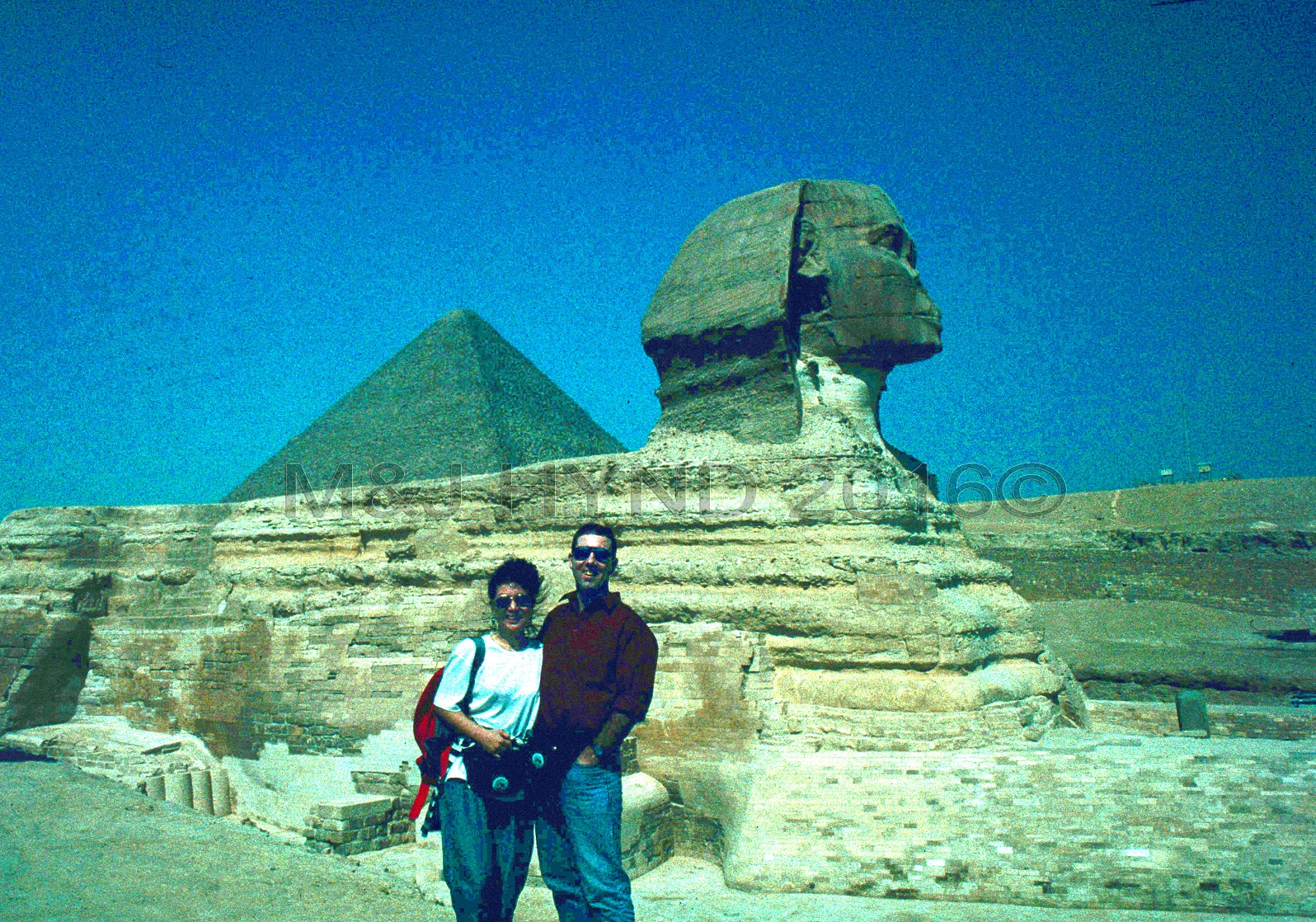
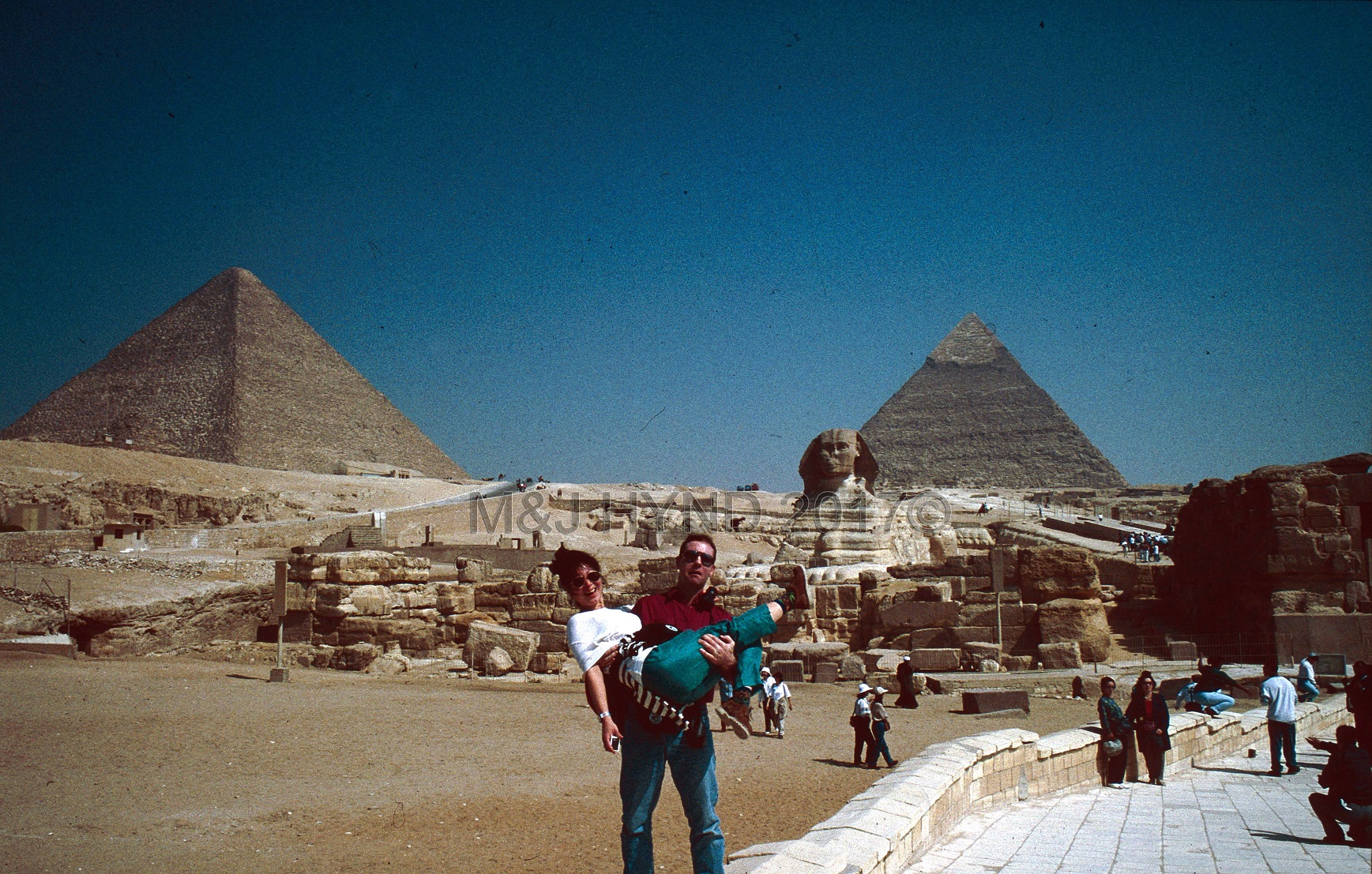

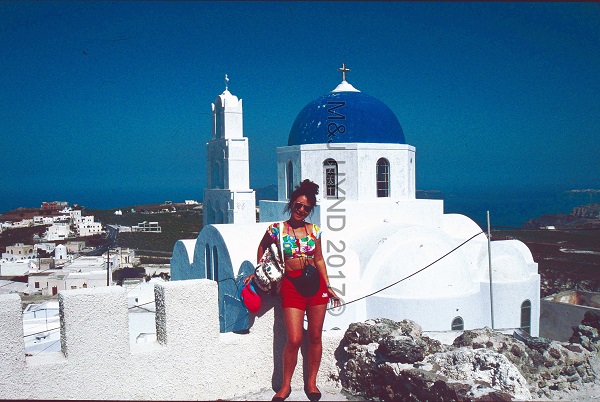
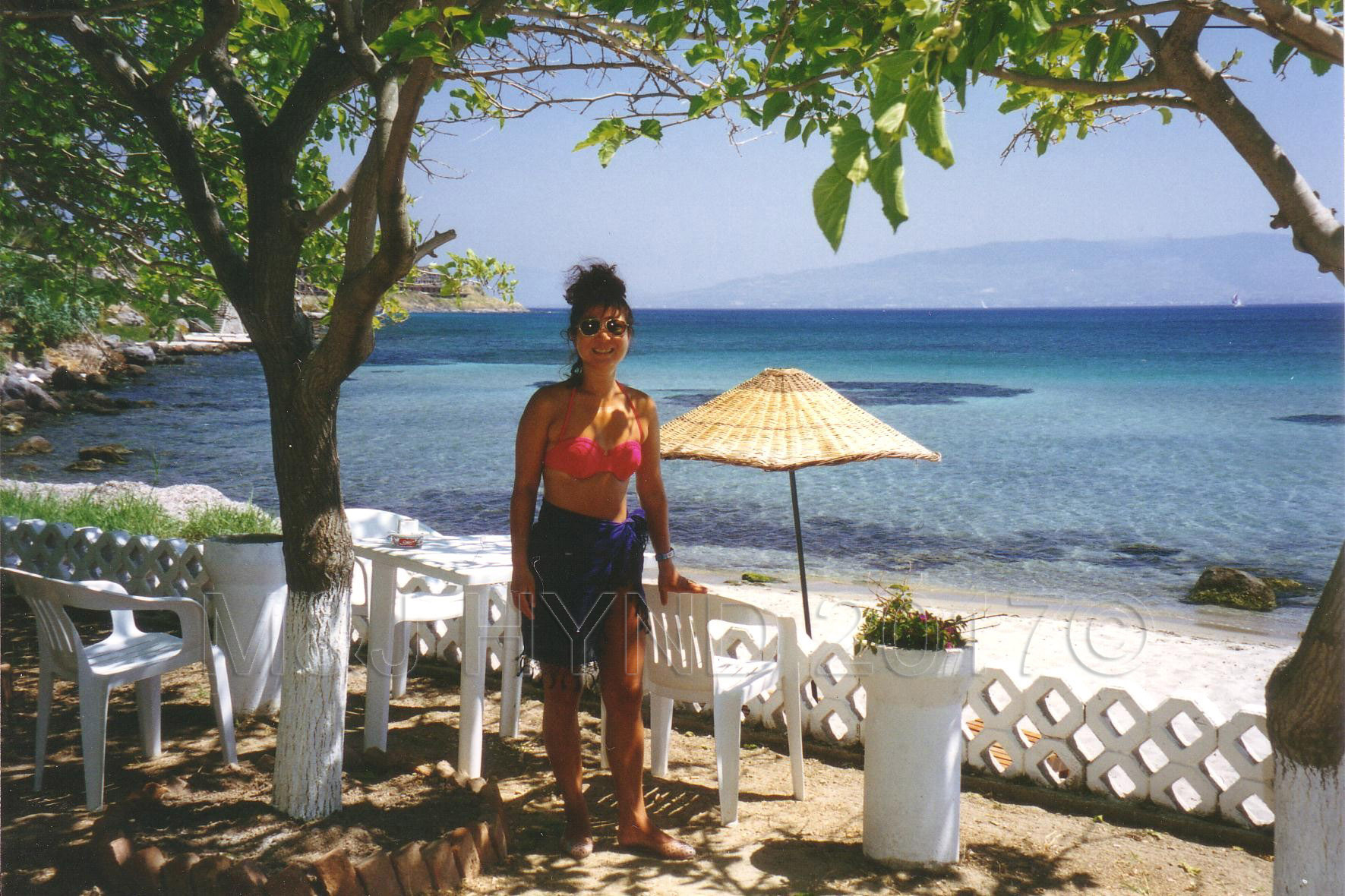
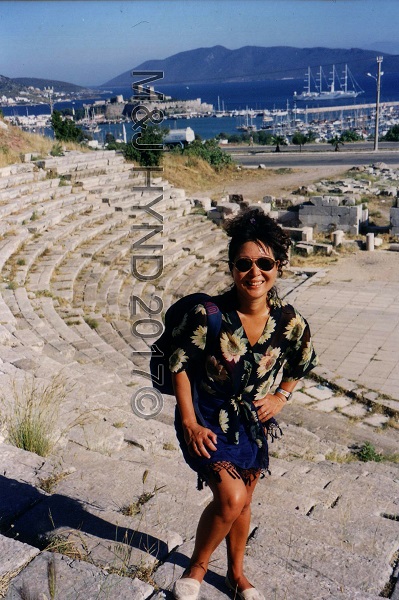
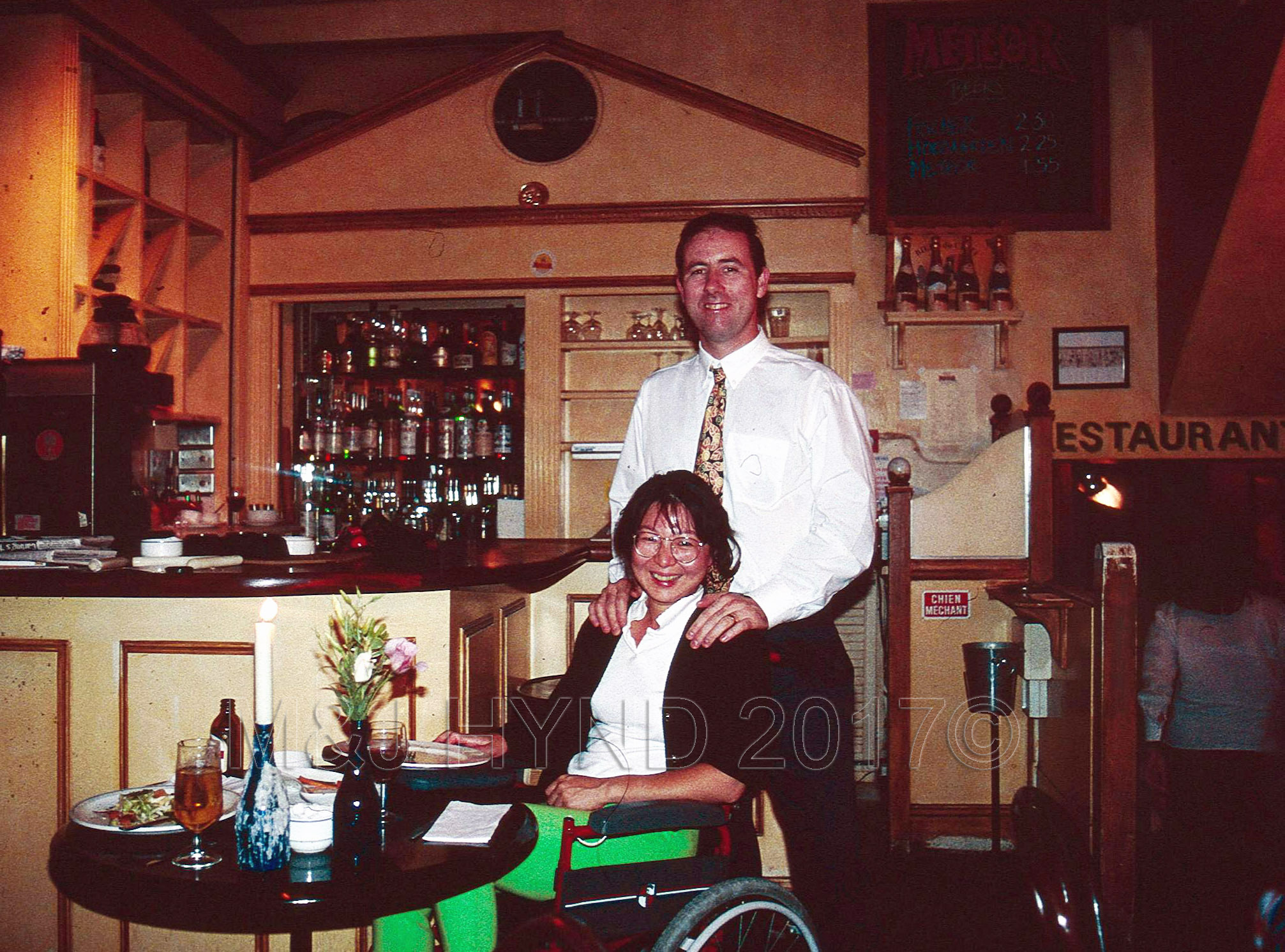


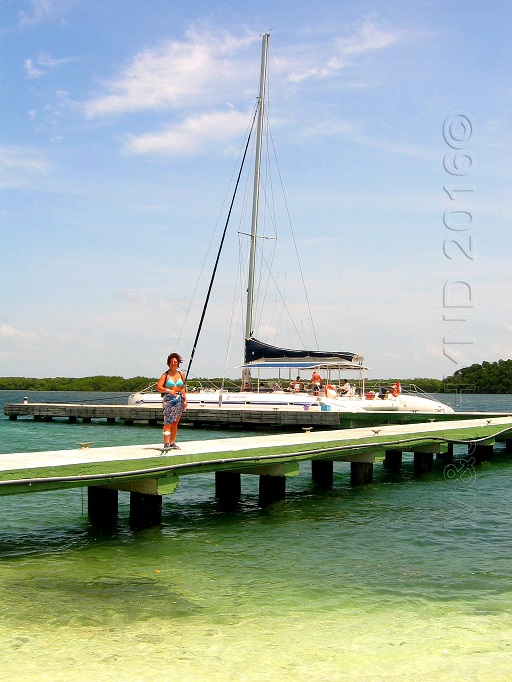
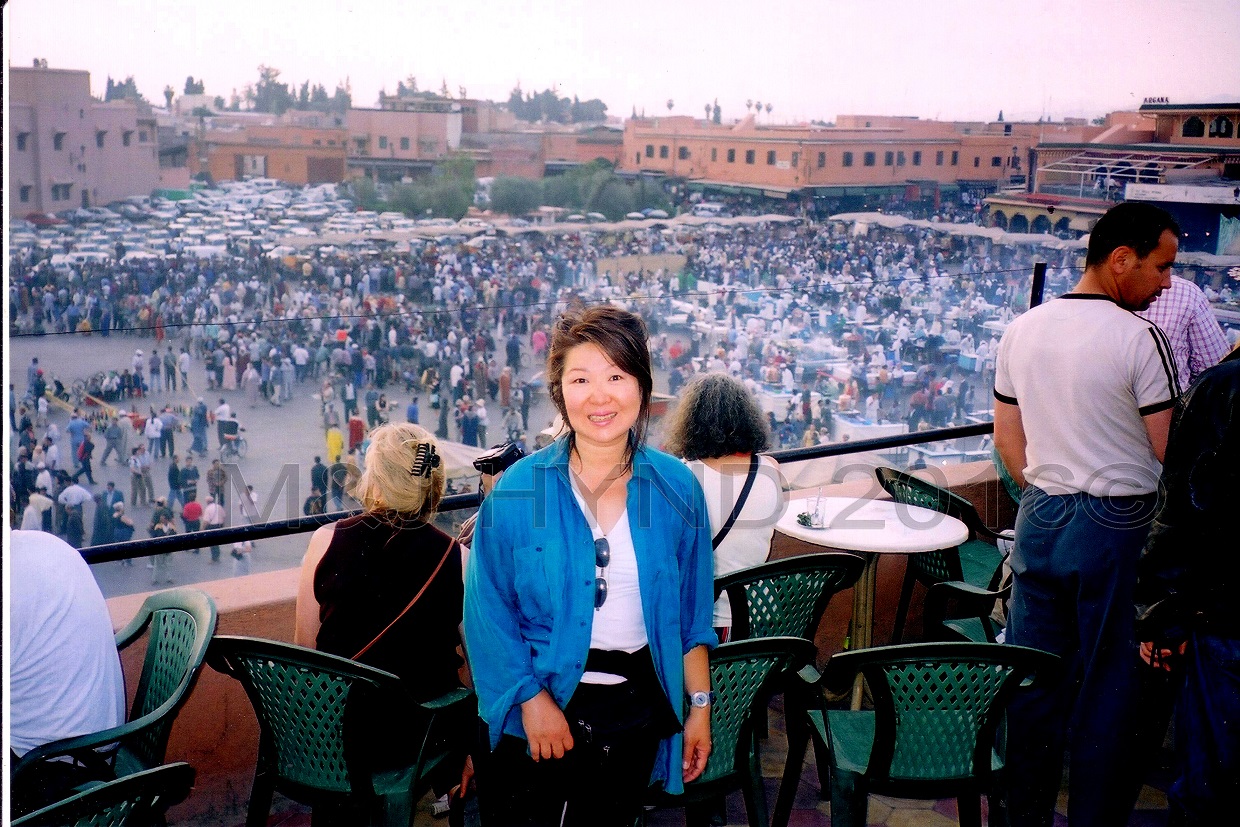
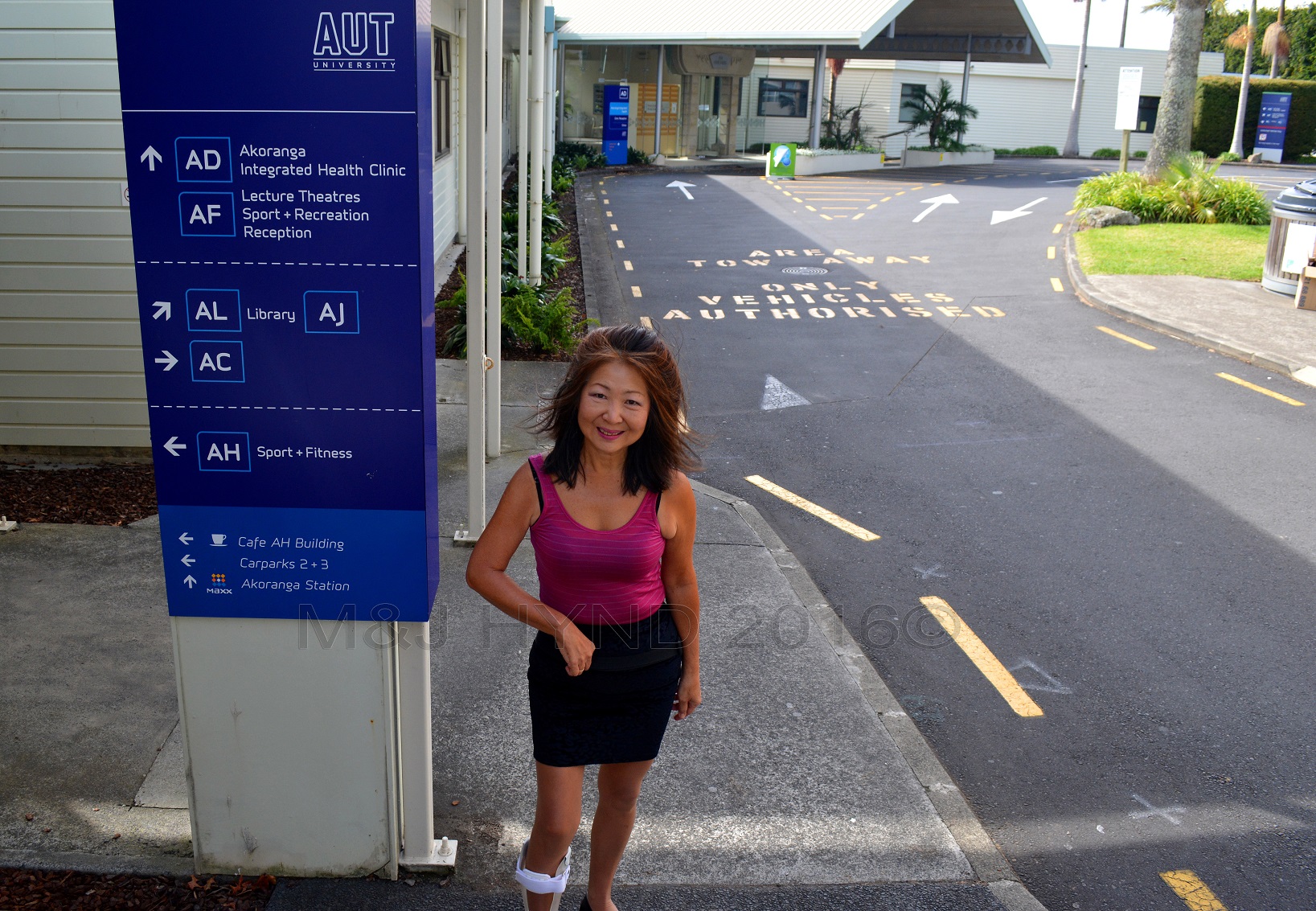
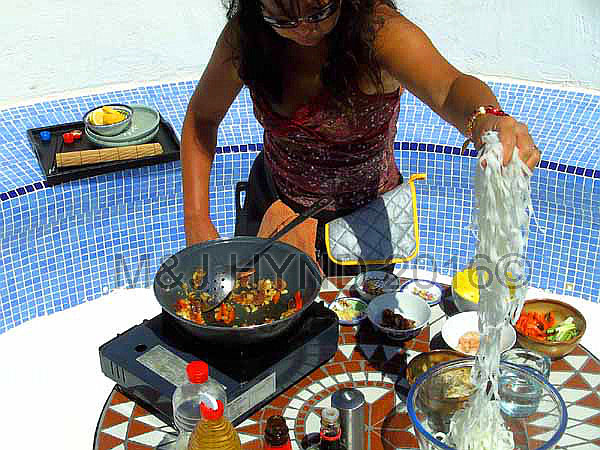
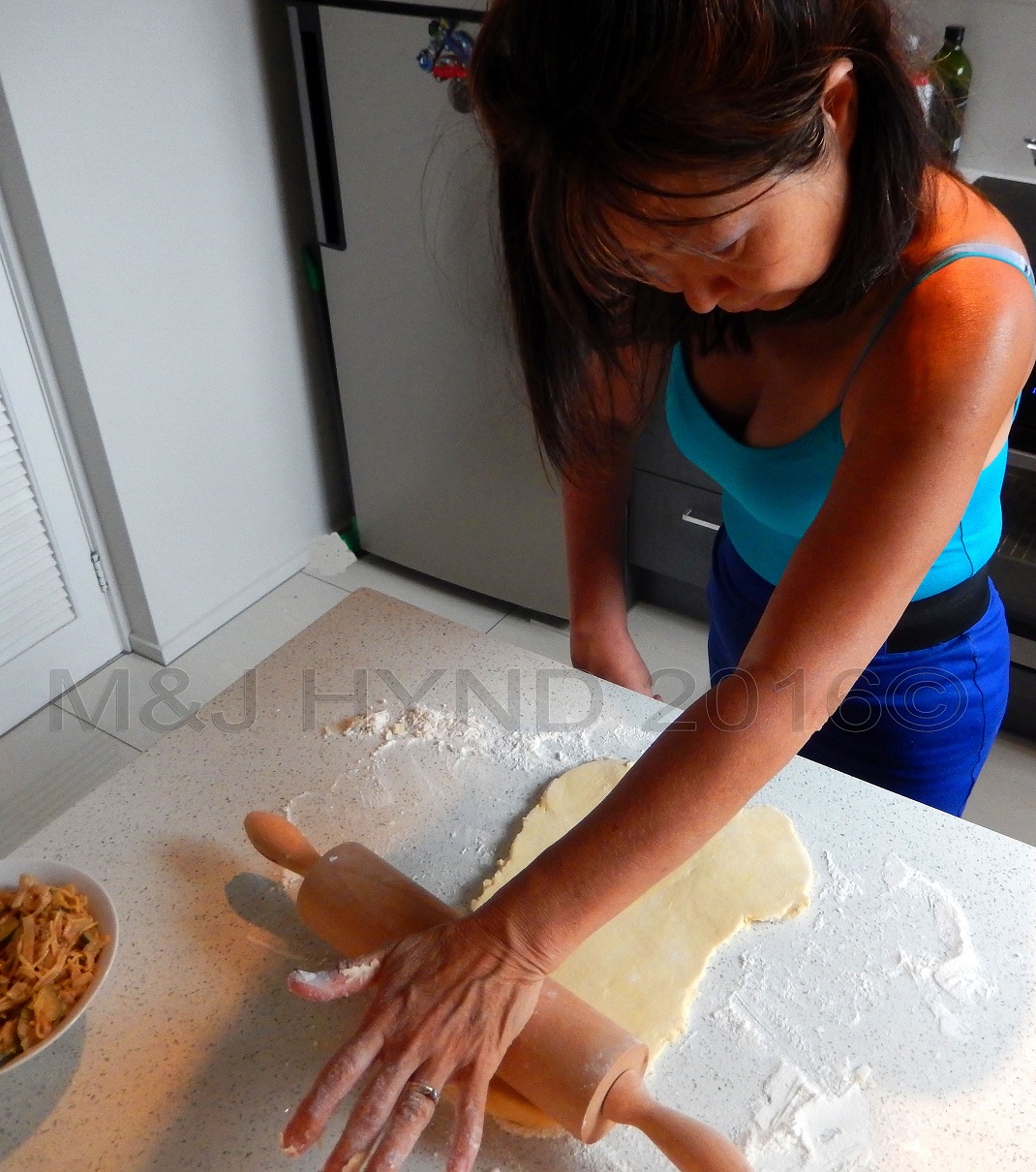
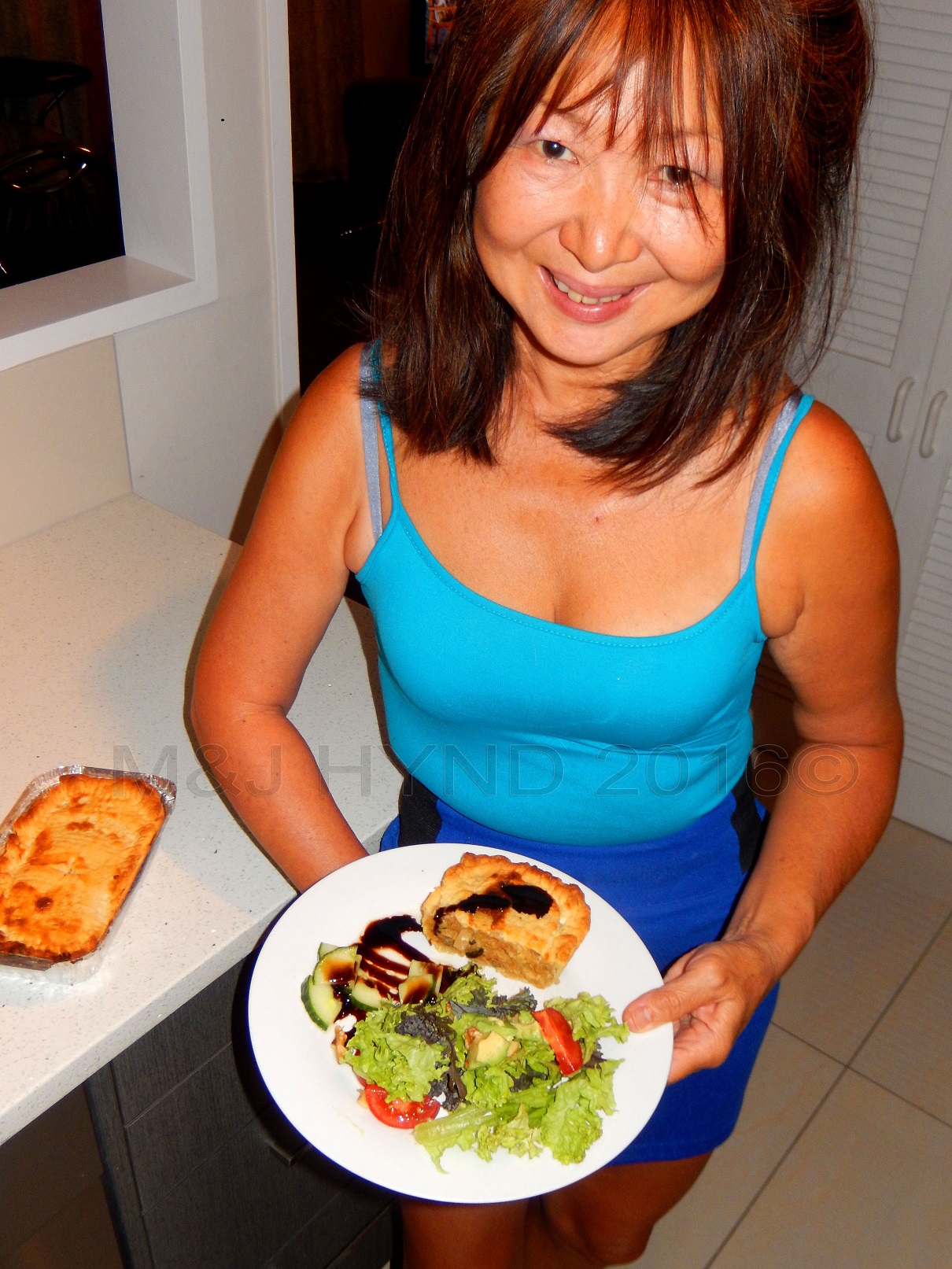
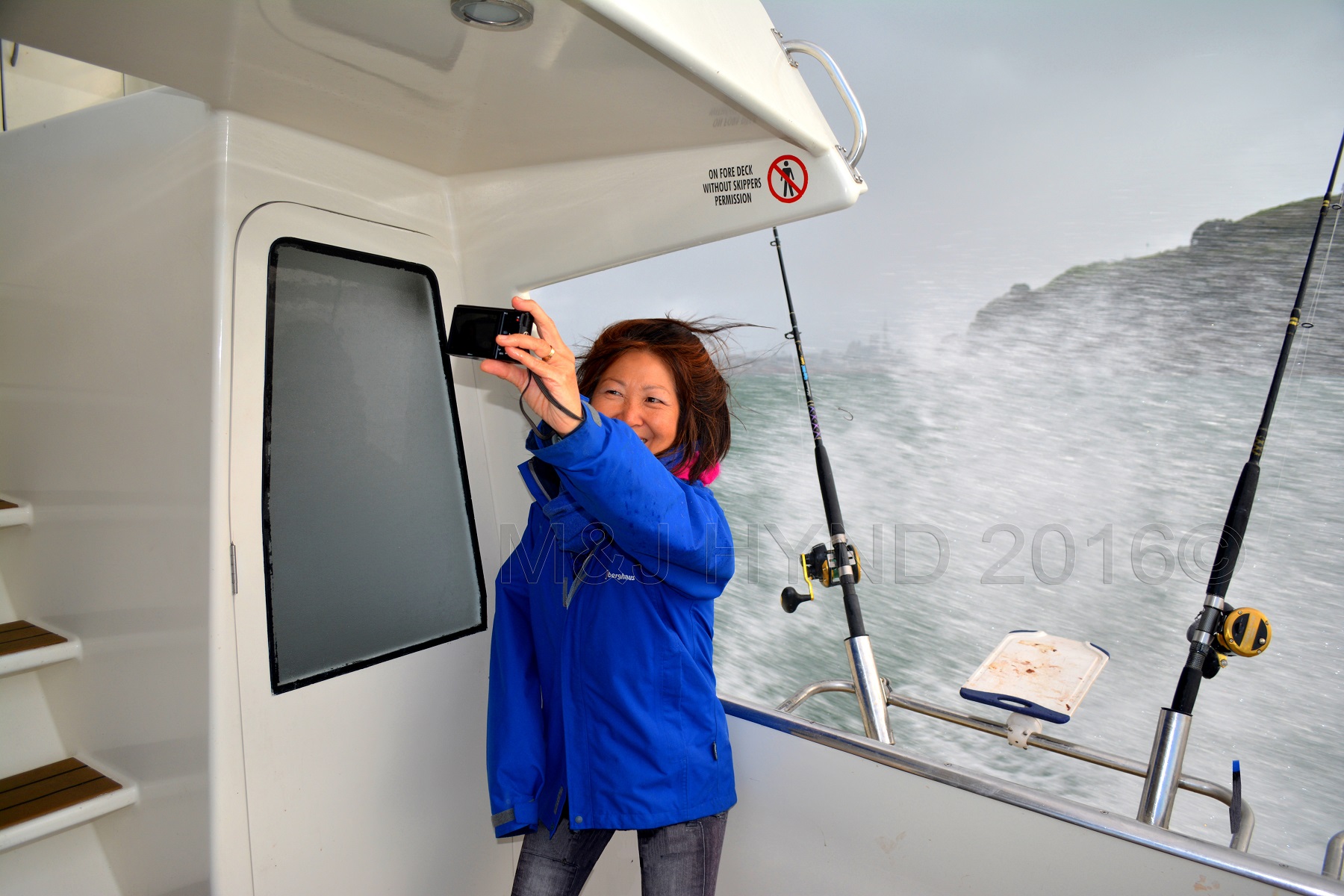
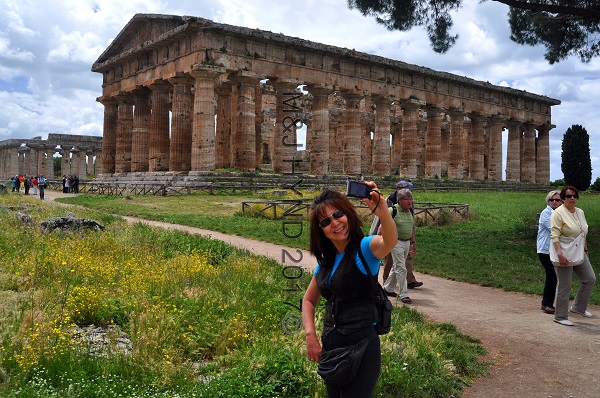
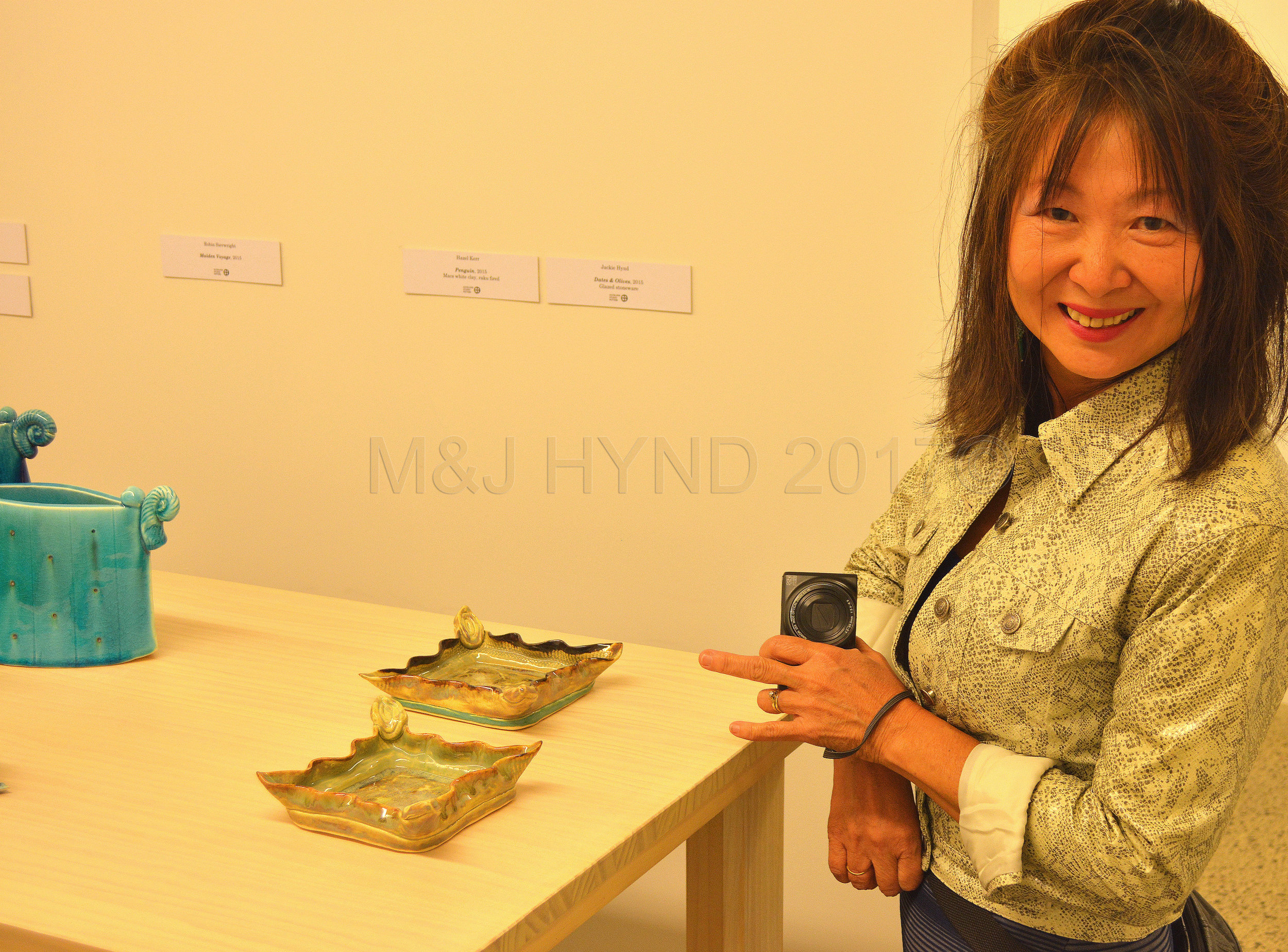
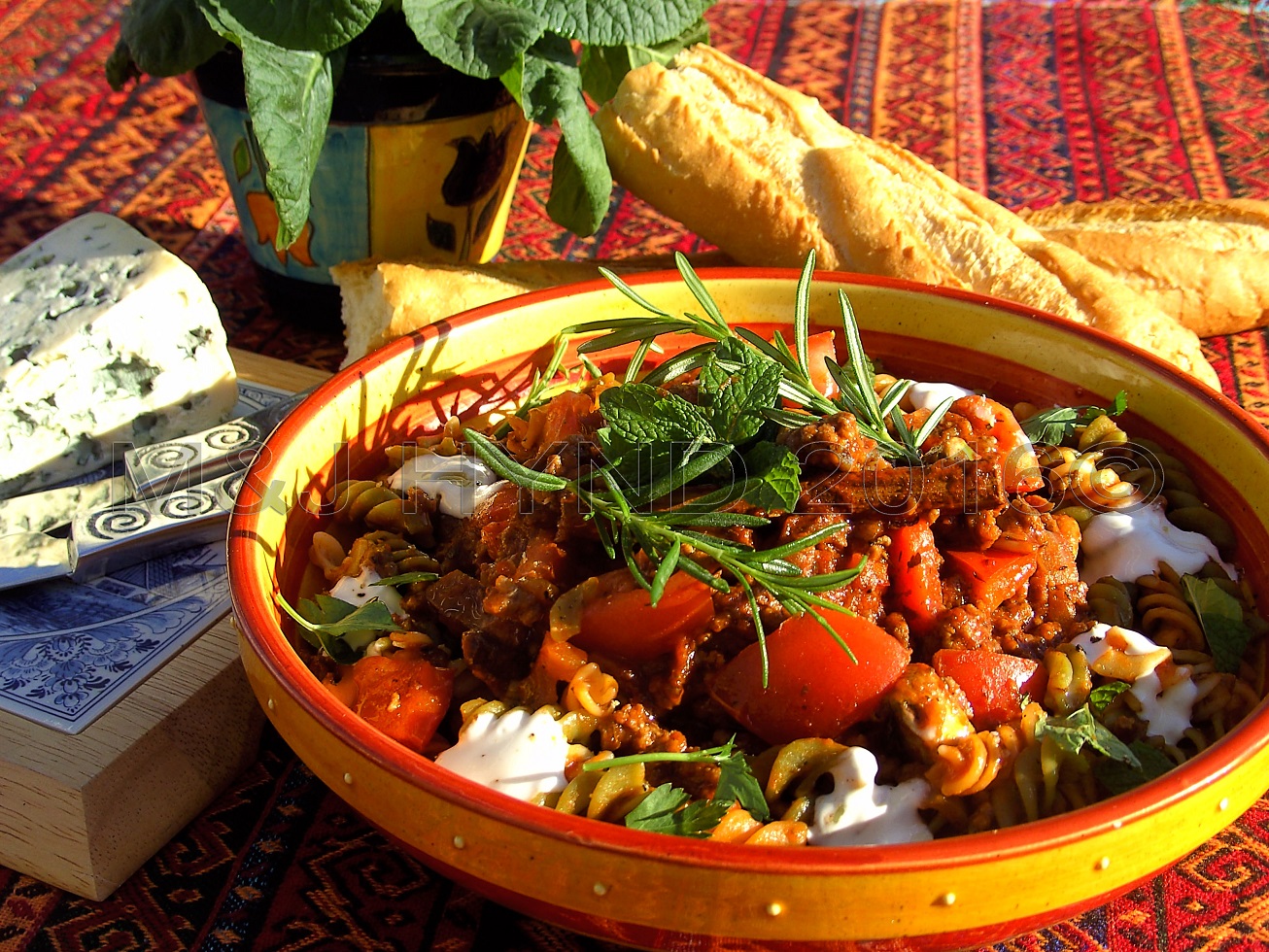
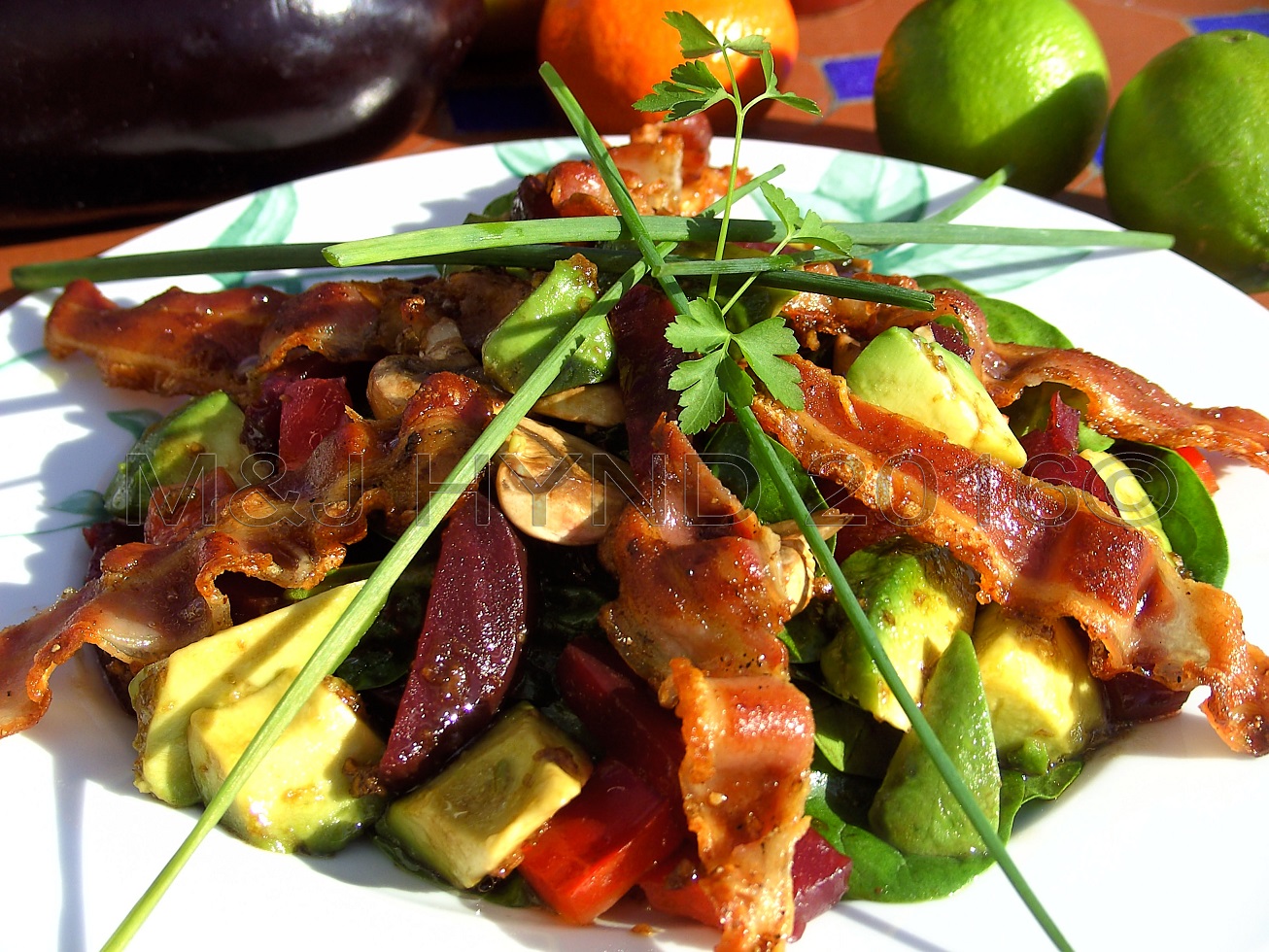
"Believe that you can, and you already halfway there" : Theodore Roosevelt. Murray and I wish the 2016, Rehabilitation and Participation students, the very best.
Many thanks to Nicola Saywell, Lecturer, Senior Research Officer, for her guidance and insight.

